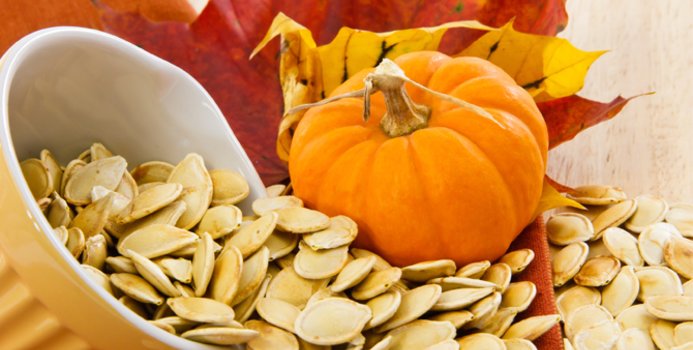No products in the cart.

According to the World Health Organization, 1.7 million lives could be saved each year if the consumption of fruits and vegetables were increased enough. And a good choice of fruit are cherries that provide folic acid, antioxidant substances, as well as potassium, magnesium, iron and fiber, which helps regulate intestinal transit.
The Mediterranean Diet Foundation considers it important to take advantage of seasonal products, such as cherries, since “especially in the case of fruits and vegetables, it allows us to consume them at their best, both in terms of the contribution of nutrients and their aroma and taste”.
During the months of May, June and July it is cherry season in the Northern Hemisphere. In the south, on the other hand, cherries are harvested between November and February. It is a highly appreciated food that provides different nutrients.
“Cherries are a natural source of fiber and folic acid. Like the rest of fruits and vegetables, they are rich in water (81.2%) and have hardly any fat or salt. Its energy contribution (48 kcal per 100 grams) derives mainly from the sugars that it contains naturally. Among the most prominent bioactive substances are anthocyanins, present mainly in the pulp “, explains Manuel Moñino, president of the Official College of Dietitians-Nutritionists of the Balearic Islands and president of the Scientific Committee of” 5 a day “, a non-profit association aimed at promoting the daily consumption of fresh fruits and vegetables and their benefits.
“Fiber is key for the digestive system as it regulates intestinal transit, modulates the absorption of nutrients, provides energy to the cells of the intestine and produces substances that could play a relevant role in the regulation of lipids in the blood. In addition, it has a very beneficial influence on the intestinal flora, preventing other bacteria from settling, ”explains Moñino, also a researcher at the Carlos III Health Institute in Madrid.
“For its part, folic acid is essential during pregnancy. In addition, it has its role in maintaining a normal psychological function, contributes to the correct functioning of the immune system and helps reduce tiredness and fatigue ”, points out the specialist.
Anthocyanins, which are also present in cherries, “are a group of substances that have a high antioxidant capacity. Although more studies are needed to corroborate it, they could neutralize free radicals and thus protect our cells, “he says.
But what are free radicals? According to Moñino, inside our cells glucose reacts with oxygen to generate energy but, at the same time, there is the release of a series of reactive oxygen compounds known as free radicals, which have detrimental effects on the different parts of cells.
“It is a process comparable to the inevitable production of toxic gases that are released in combustion engines fueled with fossil fuels”, clarifies the Spanish Heart Foundation.
Cherries, less sugar than you think
This entity indicates that, in a young and healthy person, free radicals are rapidly eliminated from the interior of the cell by natural antioxidants, but in patients or the elderly this elimination is deficient, which leads to the appearance of chronic diseases and, at the same time time, acceleration of aging.
In the same way, Manuel Moñino points out that “the oxidation process is one of the causes of chronic diseases such as cardiovascular ones”.
The nutritionist emphasizes that the consumption of at least five servings of fruits and vegetables, that is, about 600 grams a day, has been associated with a lower risk of suffering from both chronic diseases and their risk factors, for example, hypertension.
In this sense, he recommends taking at least five servings of varied fruits and vegetables, seasonal and, if possible, locally, that is, grown less than 90 kilometers away.
“A handful of cherries, that is, between 15 and 18 units, is a portion,” he says. Moñino also comments that, in cherry season, “we can take the opportunity to take more than one serving a day, but the ideal is to vary the three minimum servings of fruit.”
There is a belief that cherries are not suitable for people with diabetes or for those who want to lose weight because they are supposedly too caloric. However, Moñino underlines: “100 grams of cherries provide 48 kcal and this energy intake comes, above all, from the sugars that they naturally contain”.
In addition, as he clarifies, “these sugars do not reach 10% of the composition of the cherry. Fruits should be present in the eating plans of all people, especially those who have a chronic disease such as diabetes or obesity. Any ultra-processed product or drink provides many more calories, ”he concludes.
What’s your reaction?
Love0
Sad0
Happy0
Sleepy0
Angry0
Dead0
Wink0









